“Phobias” are types of anxiety symptoms that are triggered by specific objects or situations. A Specific phobia refers to an extreme and unreasonable fear that is caused by a specific object or situation. This fear may be triggered by a sense of well-being, such as thinking about the object or situation.
The object or situation causes immediate anxiety in the person, motivating them to avoid it entirely or endure intense nervousness (nervousness).
An individual who suffers from a phobia or feelings of avoidance of a particular object or event can be affected in significant ways. Many adults with specific phobias are aware that their fear is unreasonable or excessive, yet they cannot overcome it.
We all experience fear occasionally. If you have ever flown during turbulence, or waited in line for a shot, or experienced a violent storm, you know how anxious you are.
There are several different forms of specific phobias, unlike generalized anxiety disorder. They are triggered when a person is confronted with or anticipates a particular situation or object.
Often, people are unable to control their fear when facing situations or objects that pose little or no danger to them, but they will actively avoid it at all costs.
Many specific phobia sufferers understand that their phobias are irrational, but simply thinking about them causes enormous anxiety.
Read: Top Stressful Situations
Types of specific phobia
Specific phobia types are based on fearful situations or objects, such as:
Animal phobias
Snakes, dogs, insects, and mice are all examples of things one might fear. Animal phobias are the most usual specific phobia.
Situational phobias
These include situations such as flying, driving on public transport, riding on a bridge or in a tunnel or being in a closed facility, such as an elevator.
Natural environment phobias
Storms, heights and water are all examples of fears.
Injury-blood-injection phobias
Some people fear seeing blood being injured or injected, such as receiving blood tests or injections.
Other phobias
Many people experience fears related to falling down, loud noises and costumes, such as clowns.
There can be more than one specific phobia in a person.
Related: Autophobia
What are the symptoms of specific phobia?
The following are specific phobias symptoms:
- Irrational or excessive fear of a specific situation or object
- Avoiding or suffering from the object or circumstance
- Symptoms of anxiety or a panic attack include palpitations, restlessness, nausea, dizziness, sweating, trembling, lack of energy, feeling like you are choking and difficulty breathing
- Anticipatory anxiety, which occurs before entering a situation or encountering an object of the phobia. For instance, a person who has a fear of dogs might be anxious about going for a walk because they may encounter a dog on their way
When children suffer from specific phobias, they may cry, dangle from mom or dad, or throw tantrums to express their anxiety.
Read: Separation Anxiety Disorder
How common are specific phobias?

In the U.S., approximately 5%-12% of people have a phobia, according to the National Institute of Mental Health. About 6.3 million adult Americans are affected by specific phobias.
Although phobias are most common in adolescence and adulthood, they can happen to anyone at any age. They occur more frequently in women than in men. It is common for children to develop specific fears, but these usually fade away over time.
Adult-specific phobias usually arise suddenly and last a longer time than childhood phobias. Most specific phobias do not resolve on their own in adults (without treatment).
Also, check: How to Calm Anxiety Attacks
What causes specific phobias?
It is unclear what causes specific phobias, but most seem to be caused by a traumatic experience or a learned reaction. An animal attack or bite that causes a specific phobia can affect someone who has been terrified or frightened by animals in the past.
It is also possible to develop a specific phobia by witnessing traumatic events involving harm or extreme fear, or by receiving information or being repeatedly alerted about potentially dangerous situations or animals.
Also, we can learn about fear from others. When a child’s parents show anxiety and fear toward certain objects or situations, it is likely that the child will also show fear toward those objects.
Also, check: How to Overcome Fear from Mind and Heart
How are specific phobias diagnosed?
Doctors begin their evaluation of specific phobias by discussing a patient’s medical and psychiatric history and may provide a brief physical examination. Although no lab tests are available for diagnosing specific phobias, a doctor may use different tests to ensure that a physical illness is not the cause.
When there is no physical illness, you may be referred to a psychiatrist or psychologist who has received special training to diagnose and treat mental disorders. Clinical interviews and assessment tools are used by psychologists and psychiatrists to assess a person for a specific phobia.
Diagnostic criteria for specific phobias are based on reported symptoms as well as any functioning problems that may occur as a result. Specific phobias are diagnosed when a person’s anxiety or fear becomes particularly distressing or inconvenient to their everyday activities, such as work, school and social activities.
Read: COVID Anxiety Syndrome
How are specific phobias treated?
Specific phobias can be treated with one or a combination of:
Cognitive behavioral therapy (CBT)
Specific phobias are treated primarily through psychotherapy. Systematic desensitization, also known as ERP treatment, is a type of cognitive-behavioral therapy that gradually exposes patients to the fear-provoking stimuli until it begins to fade.
Medication
Short-acting sedative-hypnotics (benzodiazepines) such as lorazepam (Ativan) or alprazolam (Xanax)can be used occasionally, as needed, to treat situational phobias that cause acute, temporary anxiety, such as the fear of flying.
The use of long-term and daily medicines is generally not recommended for phobias that do not co-exist with other conditions such as panic disorder or depression.
Serotonin agonists such as escitalopram oxalate (Lexapro), paroxetine (Paxil), and fluoxetine (Prozac) may occasionally prove useful for some patients. Recent research has shown that the blood pressure medication beta-blockers may help treat anxiety related to specific phobias.
Relaxation methods like deep breathing can also be beneficial for reducing anxiety symptoms.
Recommended: How To Get Over a Phobia
Prognosis
A person with a specific phobia can usually be successfully treated either with therapy or medication or with a combination of the two.
Complications
People with specific phobias are often plagued by problems that affect many aspects of their lives, even though they may seem silly to others.
- Social isolation: If you avoid places and things that cause you anxiety, it can have negative effects on your academic career and personal relationships. Students with these conditions are at risk for academic difficulties and loneliness and may struggle with social skills if they behave significantly differently from their peers.
- Mood disorders: Depression and anxiety disorders are common in people with specific phobias.
- Substance abuse: An extreme specific phobia can cause excessive take of drug or alcohol abuse.
- Suicide: Suicide is a risk factor in people who have specific phobias.
Read: Suicidal Thoughts
Prevention
Consider seeking psychological help if you suffer from a specific phobia, especially if you have children. The genetic component may play a role in specific phobias, but seeing someone else’s phobia repeatedly can trigger one in a child.
As you overcome your fears, you will be inspiring your child to face their fears in their own way and overcome their own fears as well.
Bottom line
It is possible for people to recognize that their fears are irrational, but not knowing this does not mean they aren’t very real and often debilitating. It is not uncommon for people (even those without phobia diagnoses) to experience and have a deep understanding of specific phobias, which are often rooted in primal, instinctual fears. Fears and the symptoms they cause can be relieved with effective treatments.
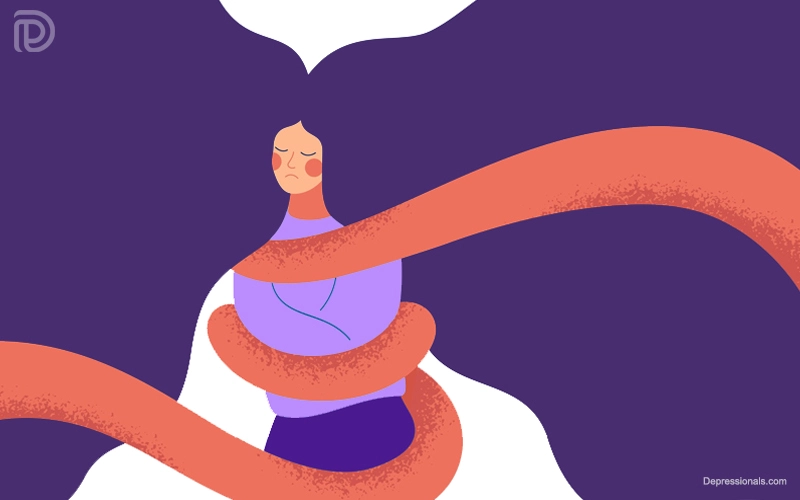
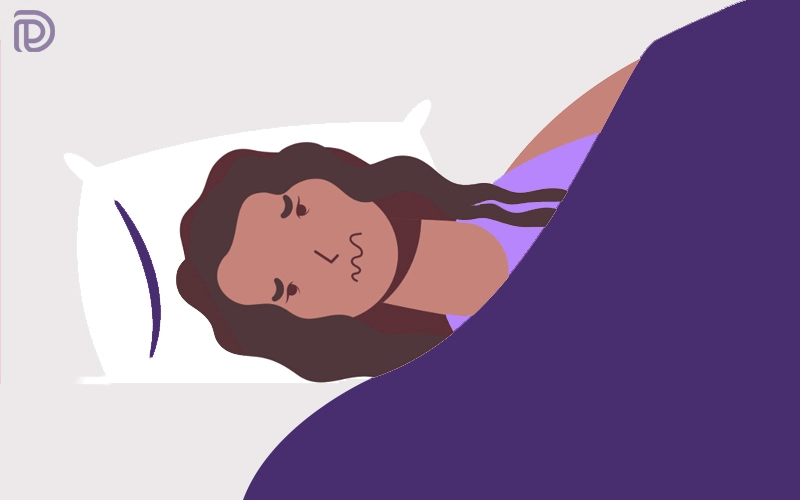
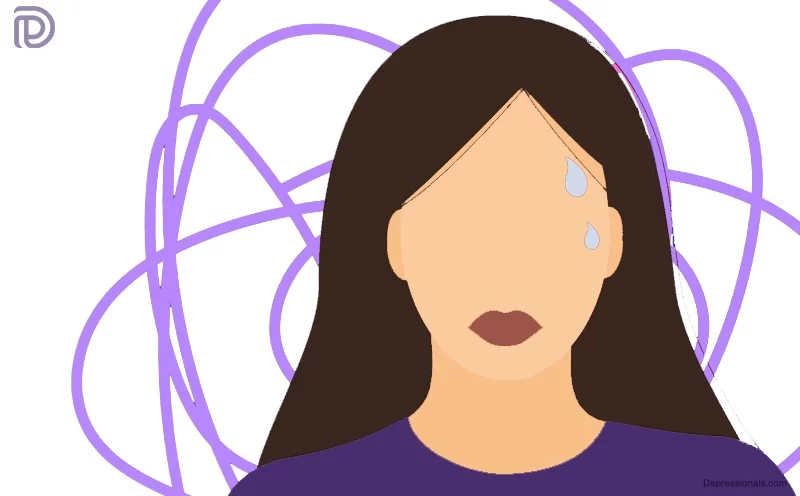
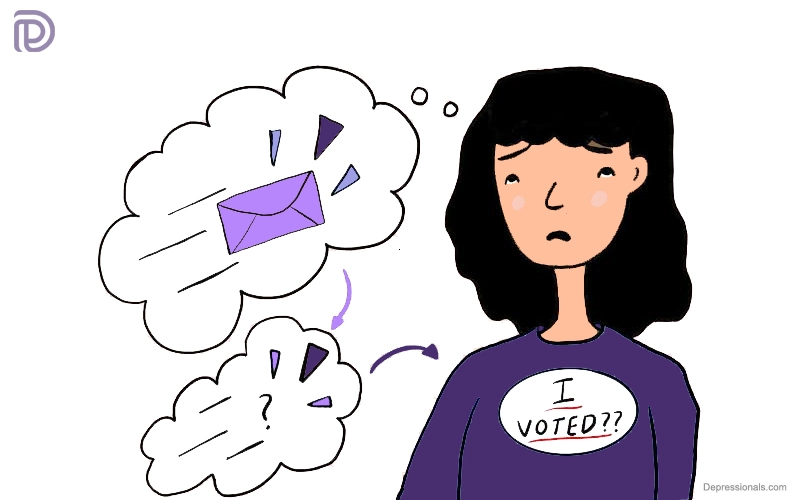
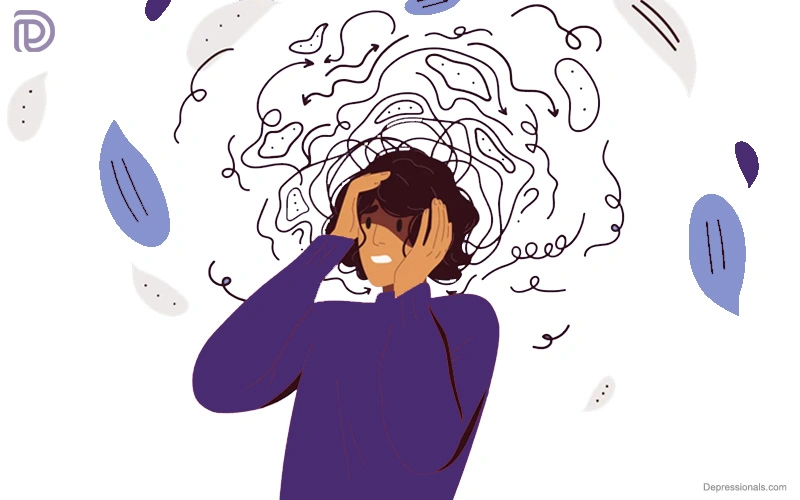

Hey very nice web site!! Man .. Beautiful .. Amazing .. I’ll bookmark your site and take the feeds also?I am happy to find so many useful information here in the post, we need develop more techniques in this regard, thanks for sharing. . . . . .
The things i have observed in terms of computer system memory is that there are specific features such as SDRAM, DDR and so forth, that must match the features of the mother board. If the computer’s motherboard is very current while there are no operating-system issues, modernizing the memory space literally will take under a couple of hours. It’s among the list of easiest personal computer upgrade treatments one can imagine. Thanks for sharing your ideas.
Today, I went to the beachfront with my children. I found a sea shell and gave it to my 4 year old daughter and said “You can hear the ocean if you put this to your ear.” She placed the shell to her ear and screamed. There was a hermit crab inside and it pinched her ear. She never wants to go back! LoL I know this is entirely off topic but I had to tell someone!
Very good blog! Do you have any tips and hints for aspiring writers? I’m planning to start my own website soon but I’m a little lost on everything. Would you propose starting with a free platform like WordPress or go for a paid option? There are so many options out there that I’m totally confused .. Any tips? Thanks a lot!
Thanks for the advice on credit repair on all of this blog. Some tips i would tell people is usually to give up the particular mentality that they’ll buy at this moment and shell out later. Being a society we tend to make this happen for many factors. This includes getaways, furniture, and also items we want. However, it is advisable to separate your own wants from the needs. While you’re working to raise your credit ranking score make some sacrifices. For example you may shop online to save cash or you can look at second hand merchants instead of pricey department stores regarding clothing.
I am continuously searching online for posts that can benefit me. Thank you!
Appreciate it for helping out, superb info .
Hello, I’m very impressed by this piece of writing. Very detailed written.